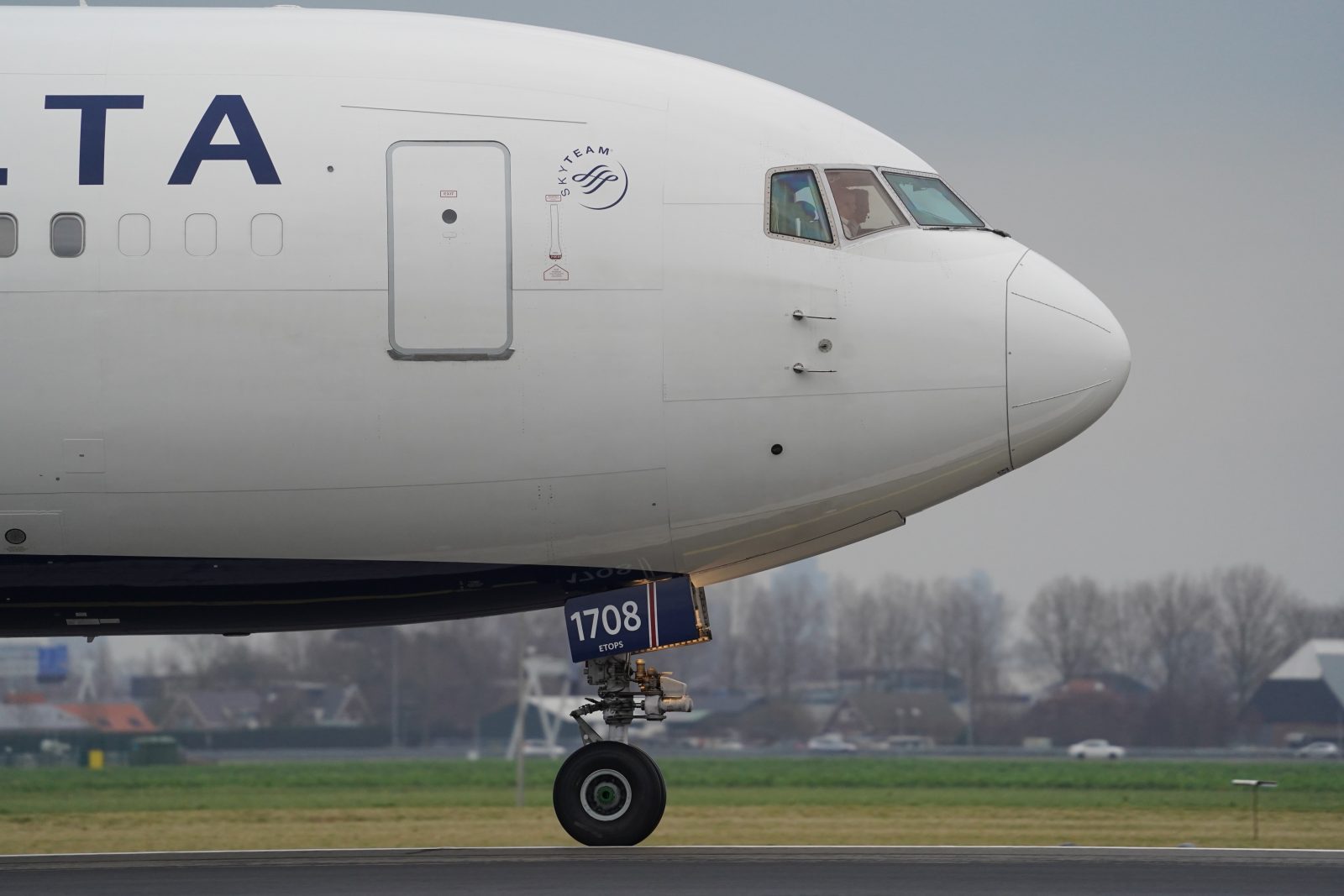
President Biden signed an executive order on Thursday requiring anyone traveling to the United States from a foreign country to go into quarantine as part of his administration’s response to the COVID-19 pandemic. The new travel restrictions include recently approved pre-departure testing rules which will come into force on January 26, as well as a widely expected federal mask mandate for passengers on planes and other forms of public transportation.
“For international air travel, Executive Order Promoting COVID-19 Safety in Domestic and International Travel requires a recent negative COVID-19 test result prior to departure and quarantine on arrival, consistent with CDC guidelines,” the new National Strategy for the COVID-19 Response and Pandemic Preparedness document released by the White House explained.
The CDC rules set to come into force on January 26 simply require any form of antigen test within 72-hours of departure. President Biden, however, has ordered the Secretary of the Department of Health and Human Services to look at the current requirements in more detail, including the possibility of adding a second test immediately prior to departure.
No changes, however, are likely to be made within the next fortnight and no time frame has been given as to when quarantine restrictions will be introduced. The President has, however, asked for recommendations to be presented to him “promptly” so that they can be made into law at the earliest opportunity.
At present, the Centres for Disease Control and Prevention (CDC) suggests travelers self-isolate for 10-days after travel or just seven days if they get a test within 3-5 days of returning from overseas.
For the first time since the start of the pandemic, the United States will now seek to work with other governments, as well as international bodies like the World Health Organization (WHO) and the UN’s Civil Aviation Organization to establish commonly agreed standards for safe travel during the pandemic.
In particular, President Biden wants international agreement on vaccination passports, quarantine rules and testing protocols. At present, there are no common standards despite pleas from the aviation industry for governments to work together.
The executive order did not, however, suggest imposing travel bans on individual countries or regions in order to prevent the importation of new highly-transmissible variants of the COVID-19 virus.
Existing travel bans on Europe, the UK and Brazil are set to expire to January 26 following a last-minute decision by Donald Trump to rescind the bans. The Biden administration has suggested keeping the bans in place but new measures like pre-departure testing and quarantines might convince the new White House team that all-out bans are no longer necessary.
Related
Mateusz Maszczynski honed his skills as an international flight attendant at the most prominent airline in the Middle East and has been flying ever since... most recently for a well known European airline. Matt is passionate about the aviation industry and has become an expert in passenger experience and human-centric stories. Always keeping an ear close to the ground, Matt's industry insights, analysis and news coverage is frequently relied upon by some of the biggest names in journalism.







